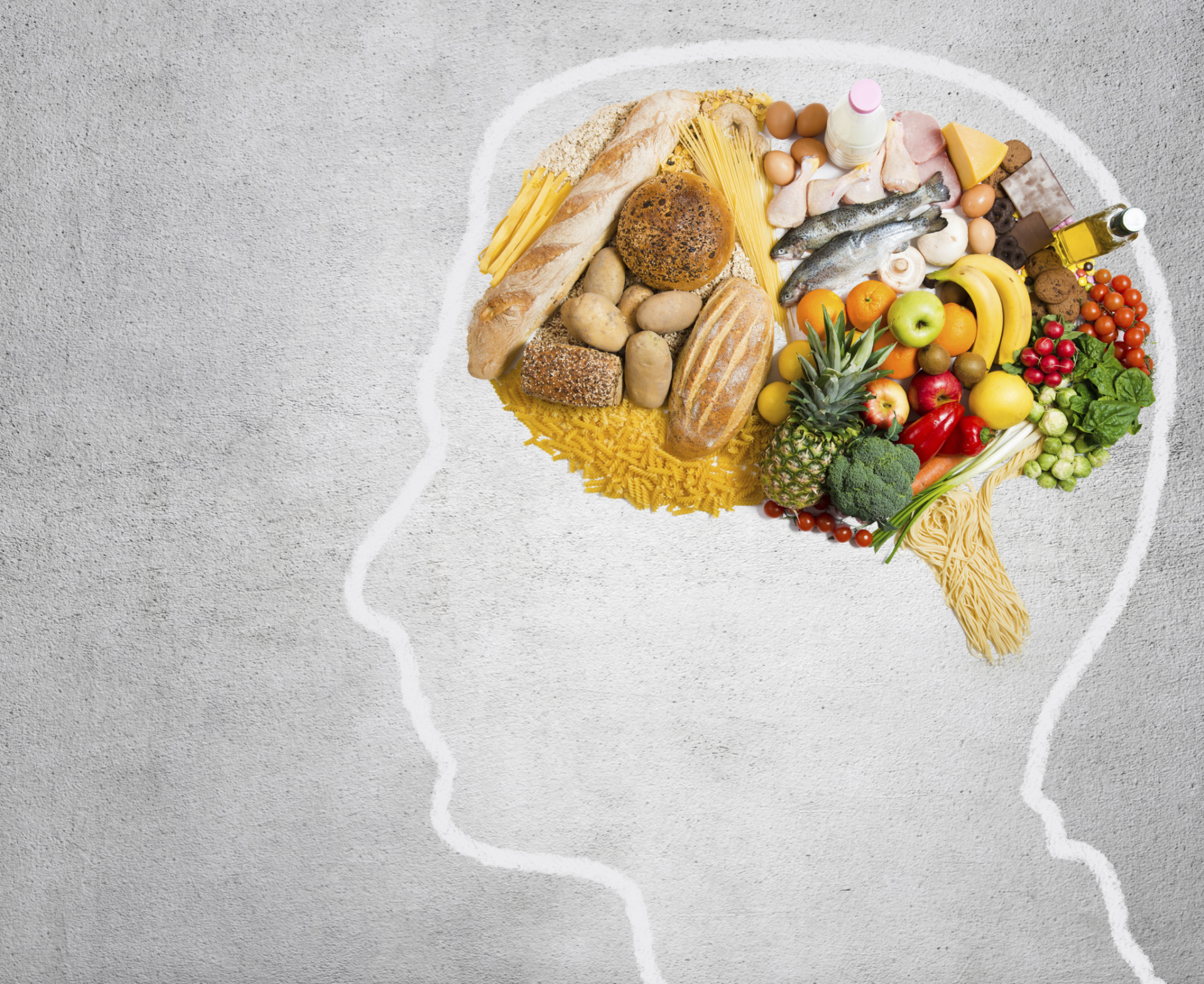
Food addiction is a real issue and this organization can help you
Food Addicts in Recovery Anonymous is not a diet program, and not all its members are overweight. It’s a worldwide recovery program that helps people cope with…
How many times have you defined yourself as an addict to some kind of food (junk food, chocolate, potato chips?) you like so much that you find it really hard to eat just one portion? Though most people may not be aware of this, food addiction is more than just an expression we use lightly to express how crazy we are about our favorite snack or dish. Food addiction is an illness that has become a serious struggle for people all over the world.
The organization Food Addicts in Recovery Anonymous (FA) defines food addiction as “a progressive illness that is rooted in a combination of factors: physical allergy, mental obsession and problems of personality (fear, doubt, insecurity and negativity), all of which drive the addict to repeated destructive behaviors and a dependence on substances or behaviors in order to cope.”
The organization is all over the world, with organized meetings groups in North America, Africa, Asia, Europe and even Australia.
FA's recovery program is based on the “Twelve Steps” and “Twelve Traditions” program of Alcoholics Anonymous and is focused on three main aspects of the human well-being — physical, mental and spiritual.
The organization always highlights the fact that not all of the members that have a problem with food are overweight. Some of them are obese, others are underweight or have being diagnosed with bulimia. And then are those whose weight is normal, but who are here are constantly obsessed with food.
Not a diet program
As one of their members tells AL DÍA: “This is not a diet program, this is a recovery program and it’s so subtle but it’s so central in who we are. Most of us, 99.9 percent, come here overweight (I know a couple of people who came underweight). And we do lose weight the same way that drunk people stop getting drunk and their livers get better.”
“What we tried is to treat the addiction in exactly the same way that alcoholics treat their addiction to alcohol,” she said. “Alcoholics have to drink but they don’t have to drink alcohol — they have to drink water. We food addicts have to eat, but we don’t have to eat flour, sugar or quantities. So we measure all our food.”
She asked that her identity be kept anonymous. “It’s not because I’m ashamed or embarrassed,” she said. “ I could go on TV and tell you ‘I’m a food addict’. I was so ashamed about the way I ate, but that shame is completely gone […] I think anonymity is there to protect the program.” But her story isn’t hidden, it is one of many stories FA’s members tell.
She was very skinny as a kid, but when she thinks back she now realizes she could “eat and eat and never remember getting full.” It wasn’t until high school when she started to gain weight. And when she began college, she started to restrict her food intake. She was successful for a while.
But later, she reverted. She starting eating again with absolutely with no control. “I had so much success in other areas of my life, I was working in a private school and in secret I was sitting in Starbucks restrooms and eating pastries. I was like a crazy person,” she said.
She tried psychotherapy, doing exercise and yoga, acupuncture… “I knew I had a problem but I couldn’t find the solution, I didn’t know that FA existed.” Then, thanks to a friend of a friend, she found the organization and called to start going to meetings, where ¨the idea is that the newcomer gets to listen. You can’t share in a meeting until you’ve been in abstinence for 90 days. We are there for the newcomers.”
That was 17 years ago. She is 41 now and she looks “better than I did in college.” She was also clinically depressed when she was addicted to food, and on prozac, but she has “absolutely no signs of depression today” and is not on any medication. However, not going to FA meetings doesn’t cross her mind: “If I stop going to meetings, I will return to addictive eating. So, as long as I desire to not eat addictively I will go to meetings.”
Food Addicts in Recovery Anonymous has meetings all over the state of Pennsylvania six days a week. On Mondays there are meetings in Media, Pittsburg and Rosemont; on Tuesdays in Erie and King of Prussia; on Wednesdays at Rosemont and Springfield; on Thursdays at Edinboro, Media and Pittsburgh; on Fridays in Wayne, and on Saturdays at Havertown.
For more information visit foodaddicts.org or call 781-932-6300 if you are in the United States.











LEAVE A COMMENT: